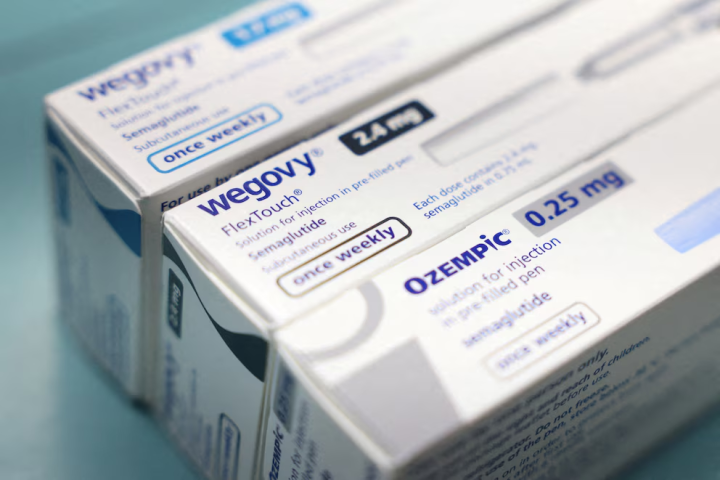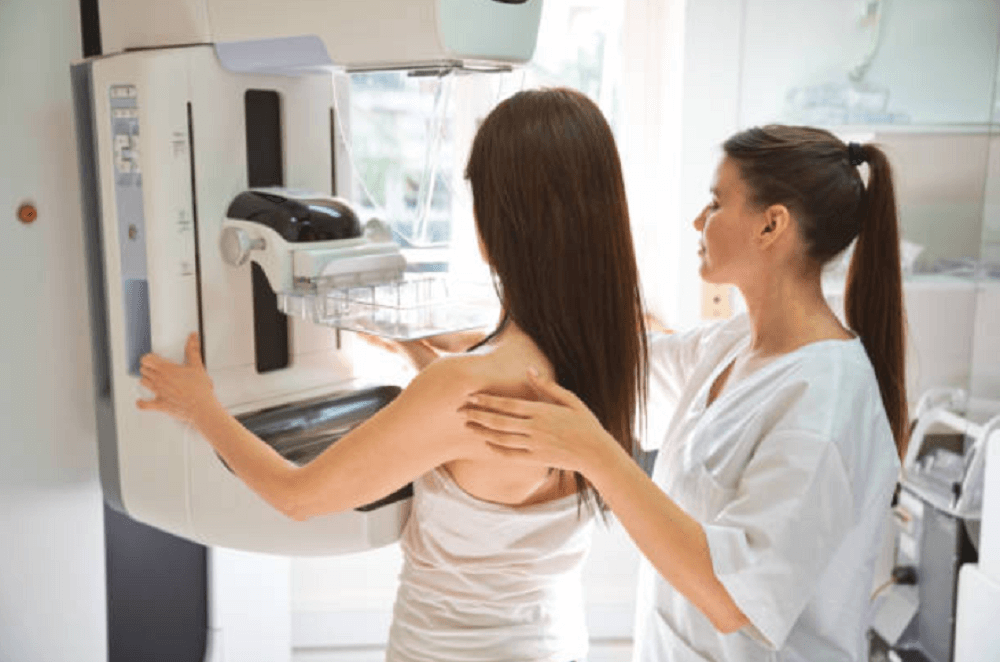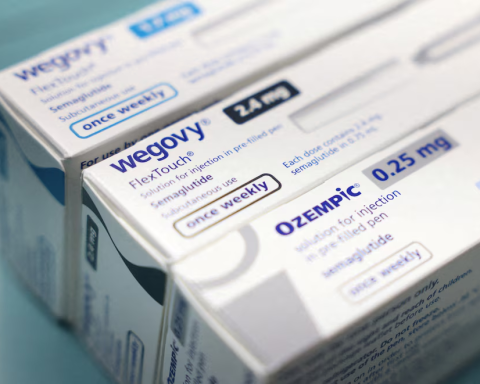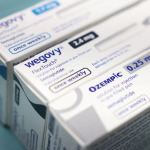VALENCIA, 20 (EUROPA PRESS)
A study by the International University of Valencia (VIU) has analyzed the effect of epigallocatechin-3-gallate (EGCG), a bioactive compound found in green tea, and has shown that it has great therapeutic potential for treating fetal alcohol spectrum disorder (FASD) and opens the door to new clinical trials for its treatment.
The study, conducted in collaboration with the Sant Joan de Deu Hospital and the Hospital Clínic de Barcelona, evaluated different alcohol consumption patterns in mice, the academic institution reported in a statement.
Prenatal alcohol consumption is one of the leading causes of fetal alcohol spectrum disorders. In fact, excessive consumption is directly linked to the development of adverse health outcomes, such as cancer, cardiovascular events, brain and liver damage, as well as mental health conditions such as depression and dementia. According to studies conducted in Europe, up to 65.7% of pregnant women drink alcohol chronically or occasionally at some point during pregnancy.
In this regard, researchers Elisabet Navarro and Vicente Andreu Fernández emphasized that EGCG "opens new avenues for addressing the effects of prenatal alcohol exposure, as it is capable of reducing oxidative stress and enhancing the recovery of neuronal plasticity."
The study evaluates for the first time in a mouse model the effect of different alcohol consumption patterns during pregnancy and how postnatal EGCG treatment can reverse cognitive deficits and restore the level of biomarkers related to neuronal plasticity, maturation, and proliferation.
"We are currently conducting a clinical study in children diagnosed with FASD, where we aim to corroborate the beneficial effects of EGCG through neuropsychological testing," they noted.
THERAPEUTIC CANDIDATE
The results of this research confirm that "the epigallocatechin-3-gallate (EGCG) found in green tea not only counteracts oxidative stress, but also promotes the recovery of neural networks critical for memory and learning," highlights Dr. Elisabet Navarro Tapia, a researcher at VIU.
These results help initiate clinical trials in children with fetal alcohol spectrum disorders (FASD), and at the same time position this bioactive compound in green tea, EGCG, as a therapeutic candidate to attenuate neurological damage induced by prenatal alcohol.
Furthermore, the biomarkers analyzed and identified provide tools for the early diagnosis of FASD, as it is difficult to cover a broad spectrum of disorders and some of the signs are not easily detectable, evaluable, or classifiable.
Dr. Vicente Andreu Fernández, research director at VIU, concludes that "the results with EGCG are encouraging and could help improve the lives of those diagnosed with FASD," although he emphasized: "Prevention through zero consumption remains essential; no amount of alcohol is safe."
HOPEFUL RESULTS
One of the experiments they conducted in their research was the T-maze, which measured a mouse's ability to remember and alternate between two options. The test results showed that the groups with prenatal alcohol exposure had success rates of around 16% after repeating the maze for four days, demonstrating a deficit in their memory. In contrast, the groups treated with EGCG progressively improved their memory until they reached the levels of the control group.
Regarding spatial memory, the EGCG-treated mice took the same amount of time to detect the platform within the Morris pool as the control group and also showed less anxiety while performing the test.
Treatment with EGCG increased levels of biomarkers related to neuronal plasticity, maturation, and differentiation, acting as a regulatory molecule. Furthermore, the antioxidant reduced the expression of DYRK1A, a protein implicated in cognitive dysfunction, facilitating functional recovery of neuronal plasticity.
However, the authors also observed that high doses of alcohol during pregnancy cause more severe and structural damage, with persistent effects that are less responsive to antioxidant therapy.
The study methodology took into account the measurement of biomarkers, as well as motor ability, memory and learning.
Researchers analyzed the effects of two patterns of alcohol consumption during pregnancy on the offspring in mice: moderate and binge drinking. The offspring were given the antioxidant EGCG for two months after birth and their motor, memory, and learning abilities were assessed. Biomarkers related to brain plasticity, maturation, differentiation, neuronal proliferation, and oxidative stress were also analyzed.
"We observed a significant increase in BDNF, NeuN, GFAP, and MBP in the brains of mice exposed to alcohol. These proteins are related to neuronal plasticity, maturation, differentiation, and transport, so their increase could partly explain the improved results in behavioral tests," explain the VIU experts, after analyzing the test results.
Mice exposed to alcohol prenatally and not given the antioxidant had worse motor coordination, compared to those treated with EGCG. The researchers found that the antioxidant reversed the motor deficits induced by prenatal alcohol exposure, achieving the same scores as mice not exposed to alcohol.






